Pakistan's Bijli Sahulat Scheme: A breakthrough or just another promise?
Nukta outlines the government's plan and shares exclusive insights from the business community on the impact of this initiative
Sheraz Ahmed
Correspondent
Sheraz Ahmed is a professional with 12 years of experience in journalism. He worked in as News Reporter in leading News channels like Geo News, Dunya tv, Aap News and 92 News hd. Currently he is affiliated with Nukta Pakistan as Correspondent.
Pakistan government has launched an electricity subsidy scheme, offering discounts to consumers who use more electricity in December compared to last year.
Under this scheme, additional units will be charged at a flat rate of Rs. 26.07 per unit, resulting in significant savings for electricity users.
However, industrialists have expressed mixed reactions to the scheme. FPCCI Acting President Qurat-ul-Ain, feel that it only benefits specific industries and that all units should be charged at the flat rate to truly benefit the industrial sector.
Industrialist Zubair Tufail, criticize the scheme's conditions, suggesting that the government should focus on reducing electricity prices instead.
Economic expert Ammar H.Khan believe the scheme can help reduce capacity charges by selling surplus electricity, but its time-bound nature limits its potential benefits. He proposed extending the scheme to a full year to reduce average electricity costs by 7-8%, allowing industries to plan increased production.
Industrialists continue to push for sustainable energy pricing to boost exports and reduce production costs, arguing that lower electricity and gas prices are essential to compete internationally. The government's initiative aims to provide relief, but stakeholders seek more comprehensive solutions for long-term benefits.



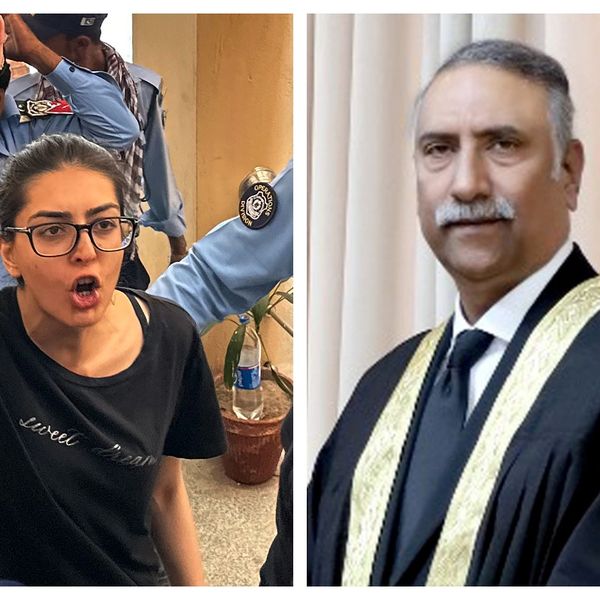
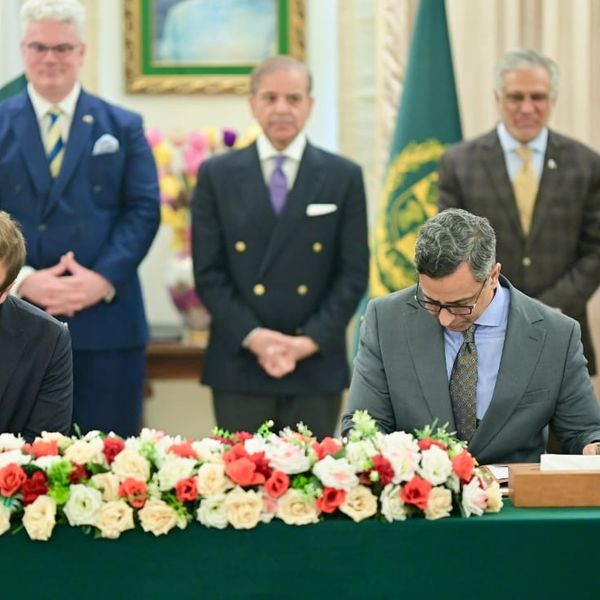
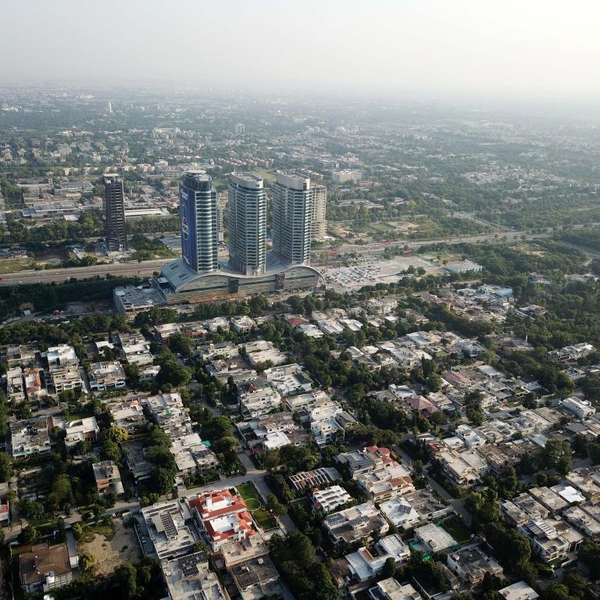
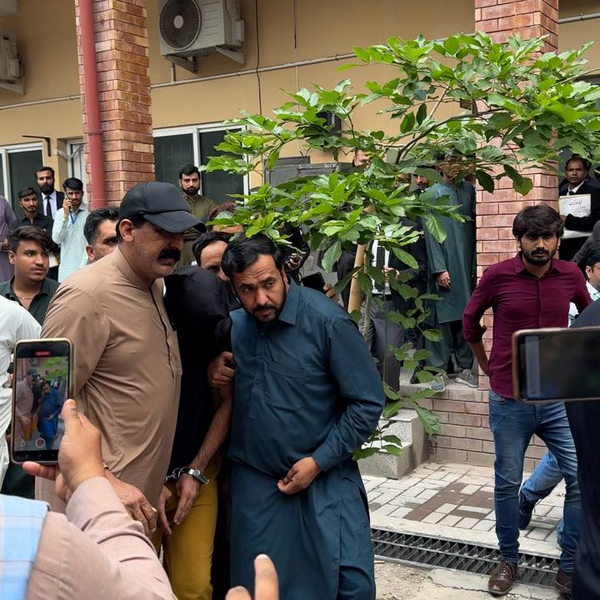
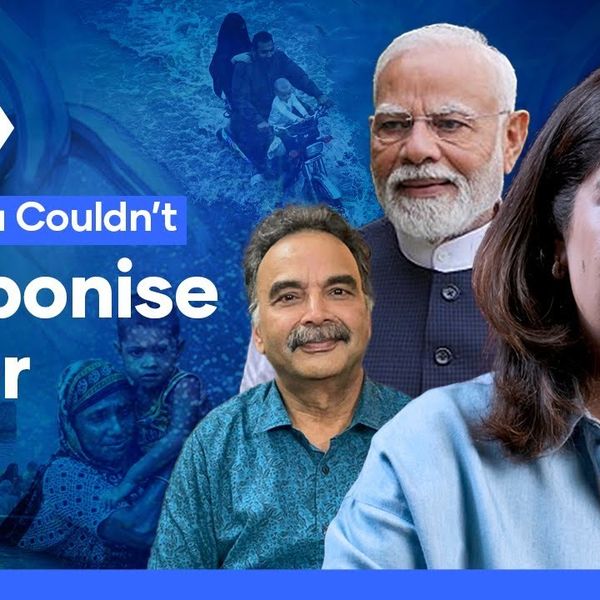



Comments
See what people are discussing